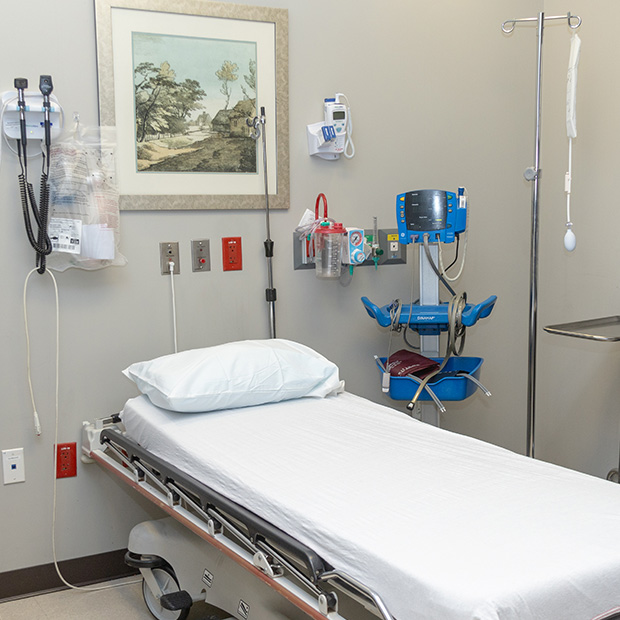
Emergency Treatment for the Flu in Dallas
During peak flu season from October to March, it’s important to be prepared. While some may think the flu is just a bad cold, this is far from the truth, and you shouldn’t underestimate it. Anyone can catch seasonal flu, with its symptoms of terrible fatigue, achiness, and fever.
Call (214) 494-8222 or contact us online today to learn more about emergency treatment for the flu in Dallas.
What Is the Flu?
Influenza – more commonly called the flu – is a contagious respiratory illness infecting the nose and throat, and sometimes the lungs. The symptoms may range from mild to severe, and even life-threatening. It’s especially dangerous for those who have health problems like diabetes or heart disease. Young children and older adults are at higher risk for the flu.
Symptoms of the flu include:
- Feeling extremely hot and/or getting the chills
- Cough
- Sore throat
- Congestion
- Achiness
- Fatigue
- Headaches
- Fever
What Is the Difference Between the Flu vs. the Common Cold?
It’s easy to confuse the two, but a cold is milder than the flu. People infected with seasonal flu often have fevers, chills, cough, fatigue, achiness, and a headache. Less common symptoms are sneezing, sore throat, stuffiness, or stomach problems.
Is the Flu a Medical Emergency?
The flu may be deadly, but unfortunately, many think it’s not that serious. In fact, anywhere from 69,000 to 84,000 people are hospitalized from the flu in any given year, according to data from the Centers for Disease Control and Prevention (CC).
Emergency warning signs of the flu include:
- Difficulty breathing or shortness of breath
- Sudden dizziness
- Confusion
- Persistent, severe vomiting
- Fever that doesn’t respond to medication
- Fever with rash
- Pain or pressure in the abdomen or chest
Who Is at Highest Risk of Getting the Flu?
Anyone can be infected with the flu, even healthy people. However, certain people have a higher risk of having a worse bout of illness than others, especially those with chronic health problems and/or a weakened immune system.
Those at the greatest risk from flu complications include:
- Young children between 6 months of age to 4 years
- Adults aged 65 and older
- Pregnant women
- Those with chronic illness, especially heart, lung, or kidney conditions
- Those with weakened immune systems, such as those with HIV/AIDS or those going through chemotherapy for cancer
What Should I Do If I’m at High Risk for the Flu?
You can take additional steps to stay healthy, such as eating healthy, exercising regularly, sleeping 7-8 hours per night, and practicing good hygiene.

-
 The Advance ER Team Providing Reliable Medical Care
The Advance ER Team Providing Reliable Medical Care -
 ER Insight Vital Knowledge for Life-Saving Moments
ER Insight Vital Knowledge for Life-Saving Moments -
 ER Knowledge Hub Your Source for Expertise on Health, Emergencies, and Beyond
ER Knowledge Hub Your Source for Expertise on Health, Emergencies, and Beyond
What can I do if I get the Flu?
First of all, see your doctor to check if there are medications that might help. Prescriptions may be able to treat the flu, especially if you take them within 48 hours of developing symptoms. Antibiotics do not help you get over the flu, but they are sometimes prescribed if you have a secondary/bacterial infection (bacteria are different types of germs than viruses).
Learn More About the Flu
- Centers for Disease Control and Prevention (CDC)
- U.S. Food and Drug Administration (FDA)
- American Lung Association
- National Institute of Allergy and Infectious Diseases
Contact us at Advance ER today by dialing (214) 494-8222 or simply walk in to our freestanding Dallas emergency room to get tested.



[8].2112210947272.png)